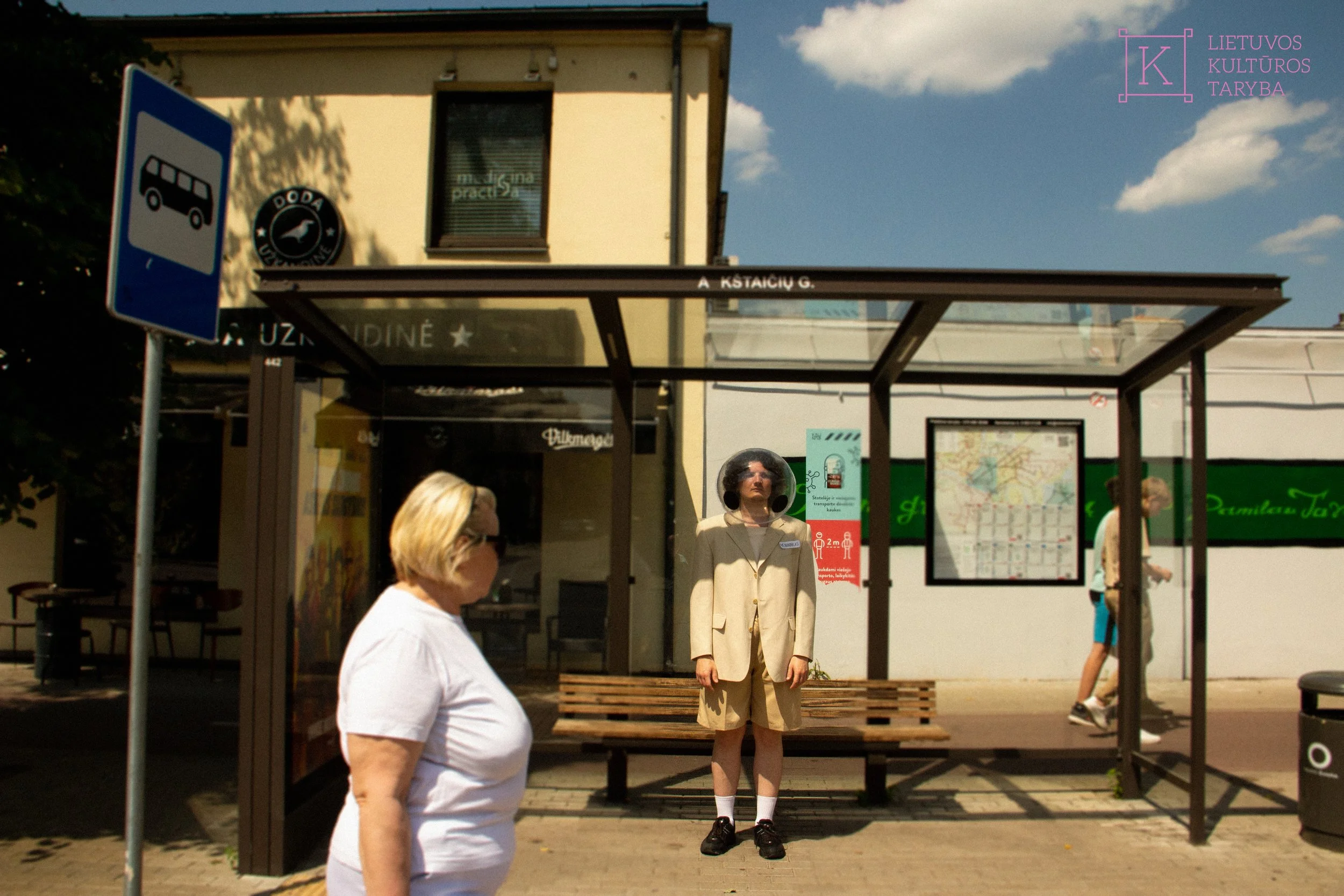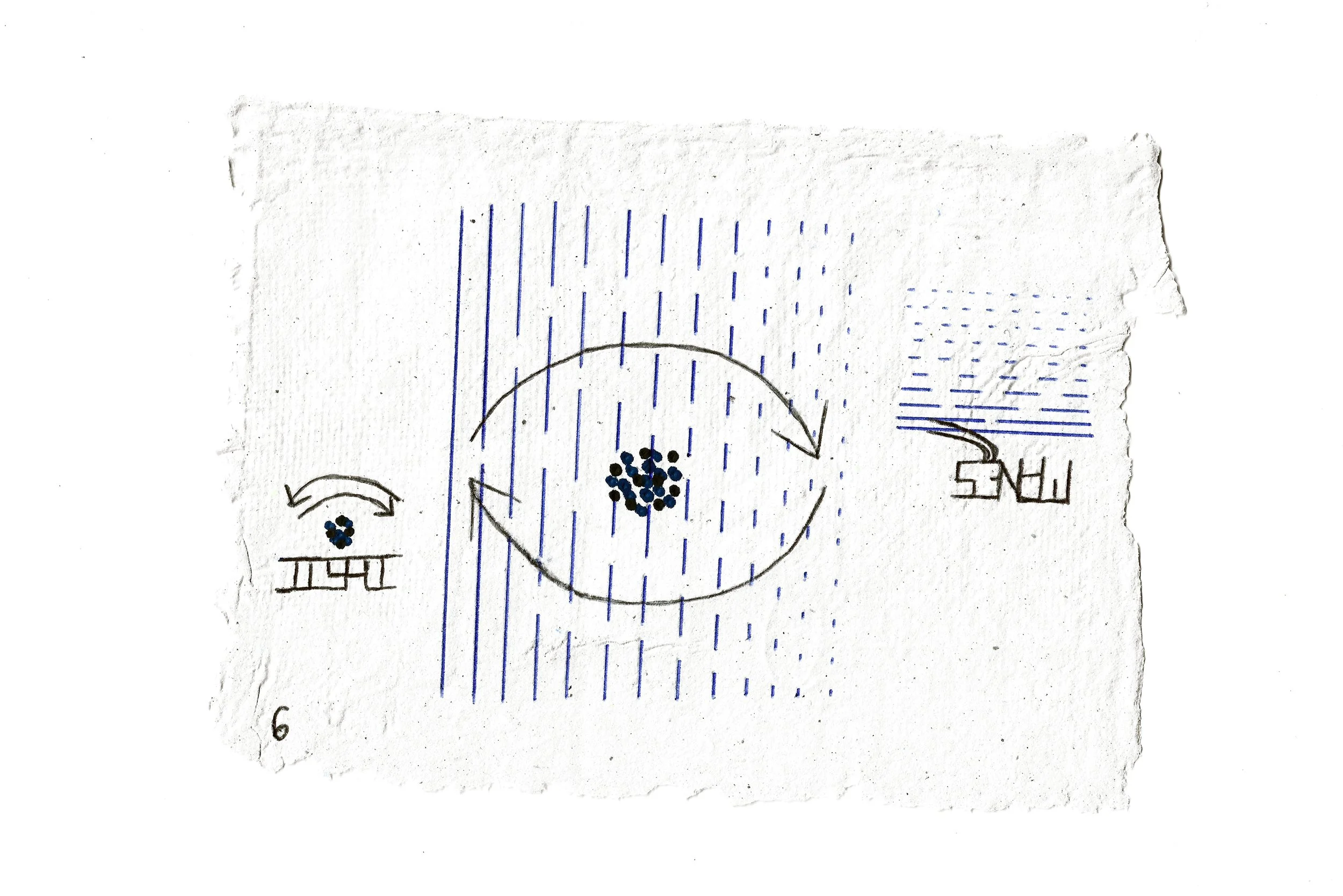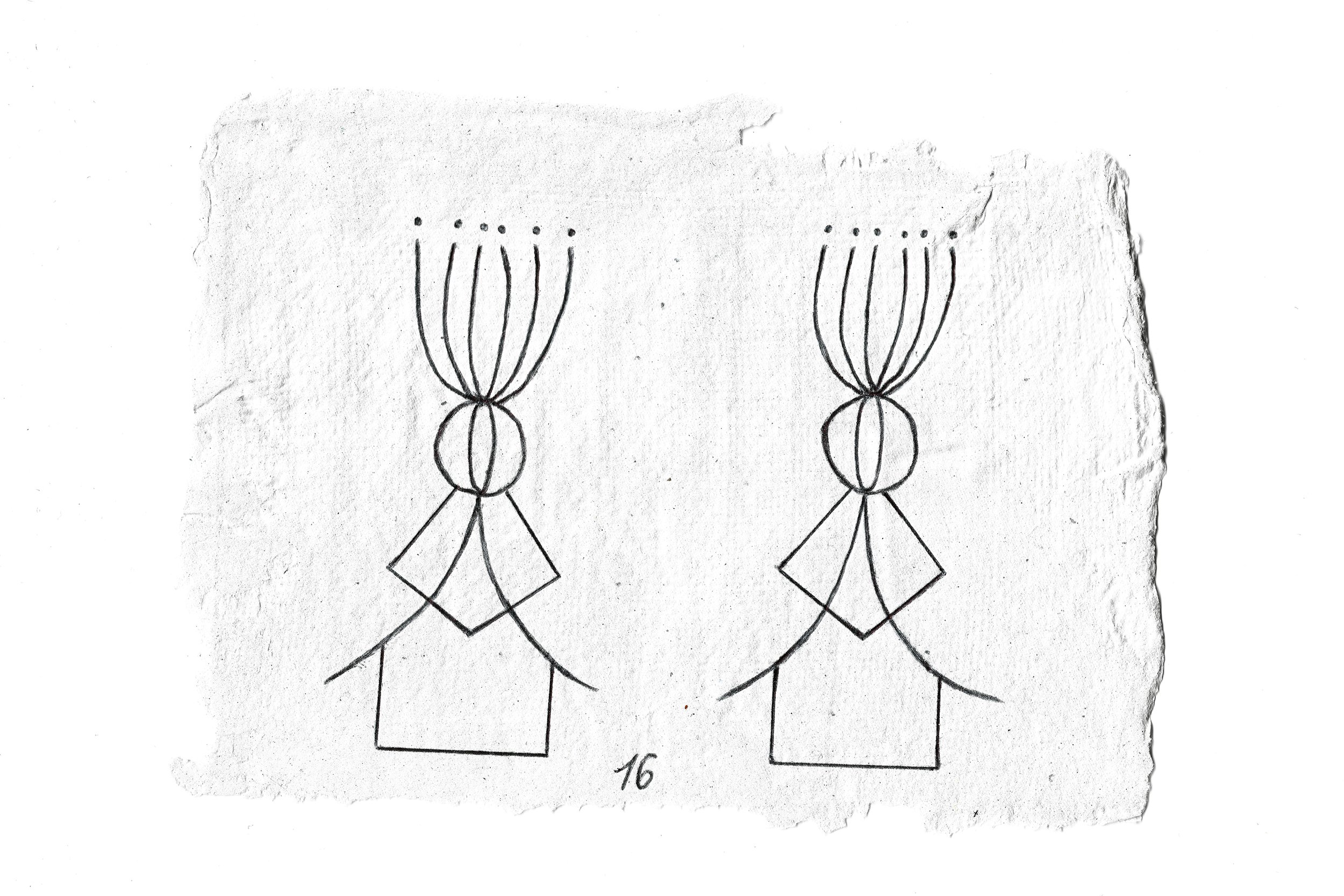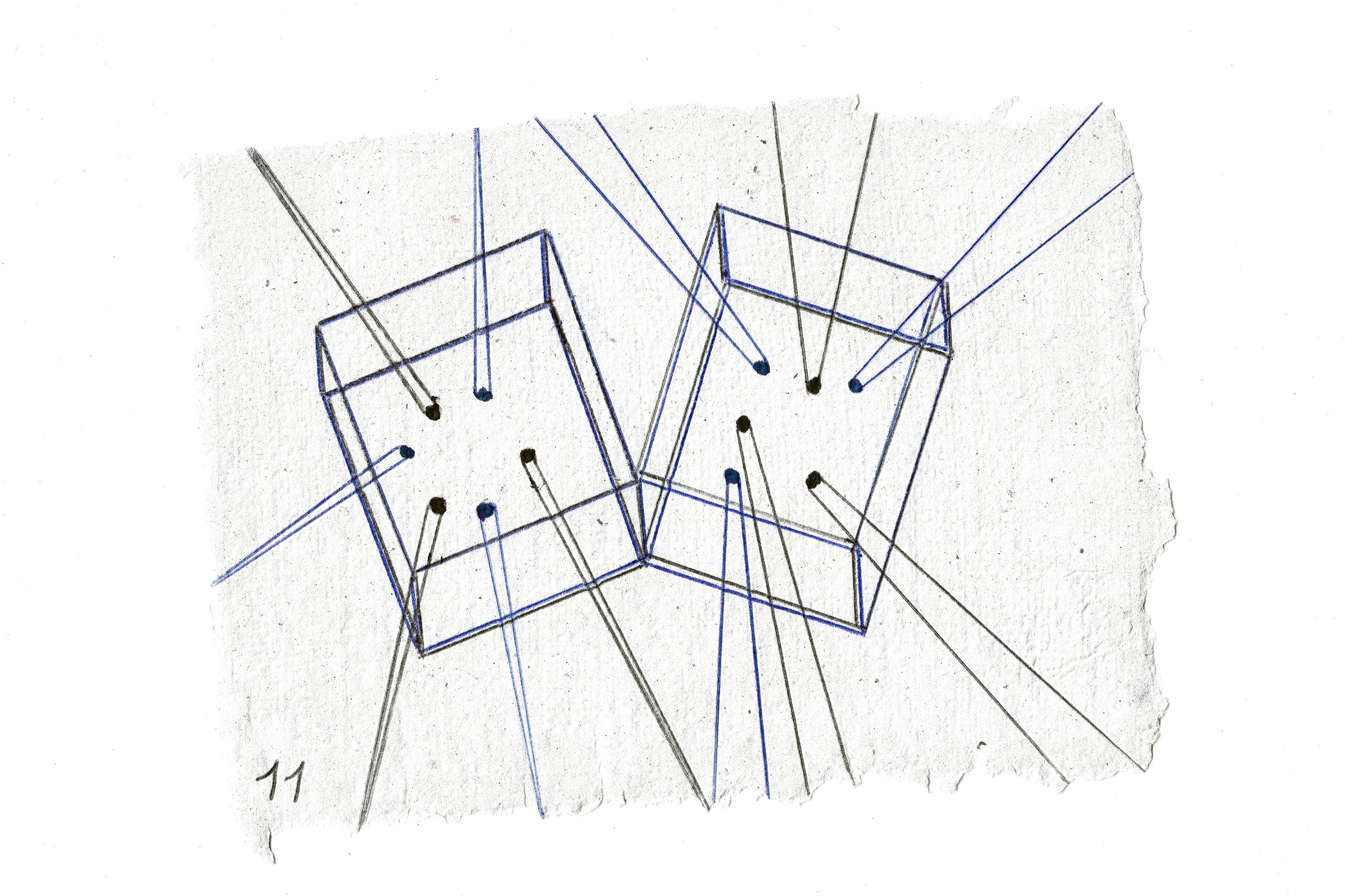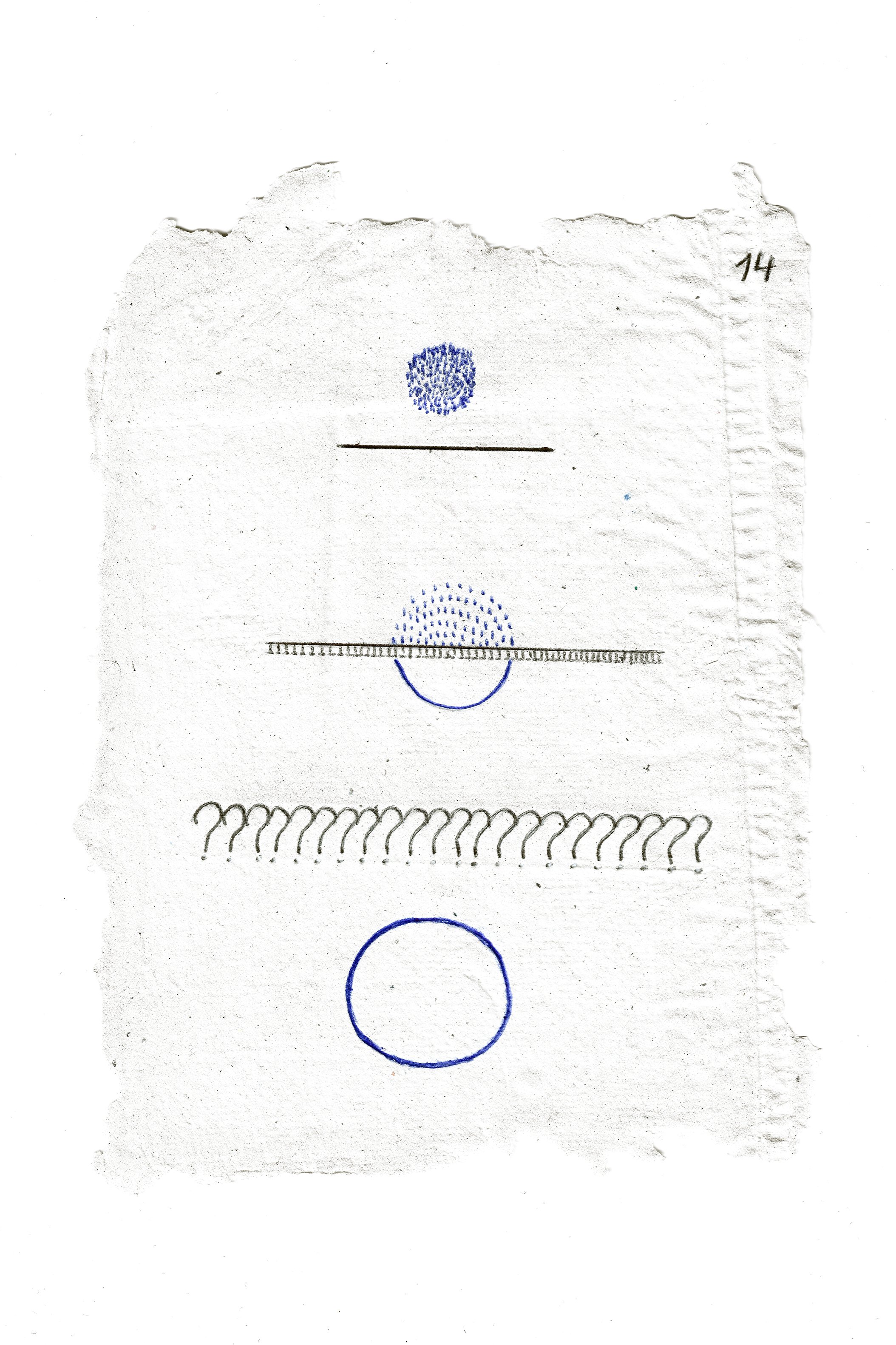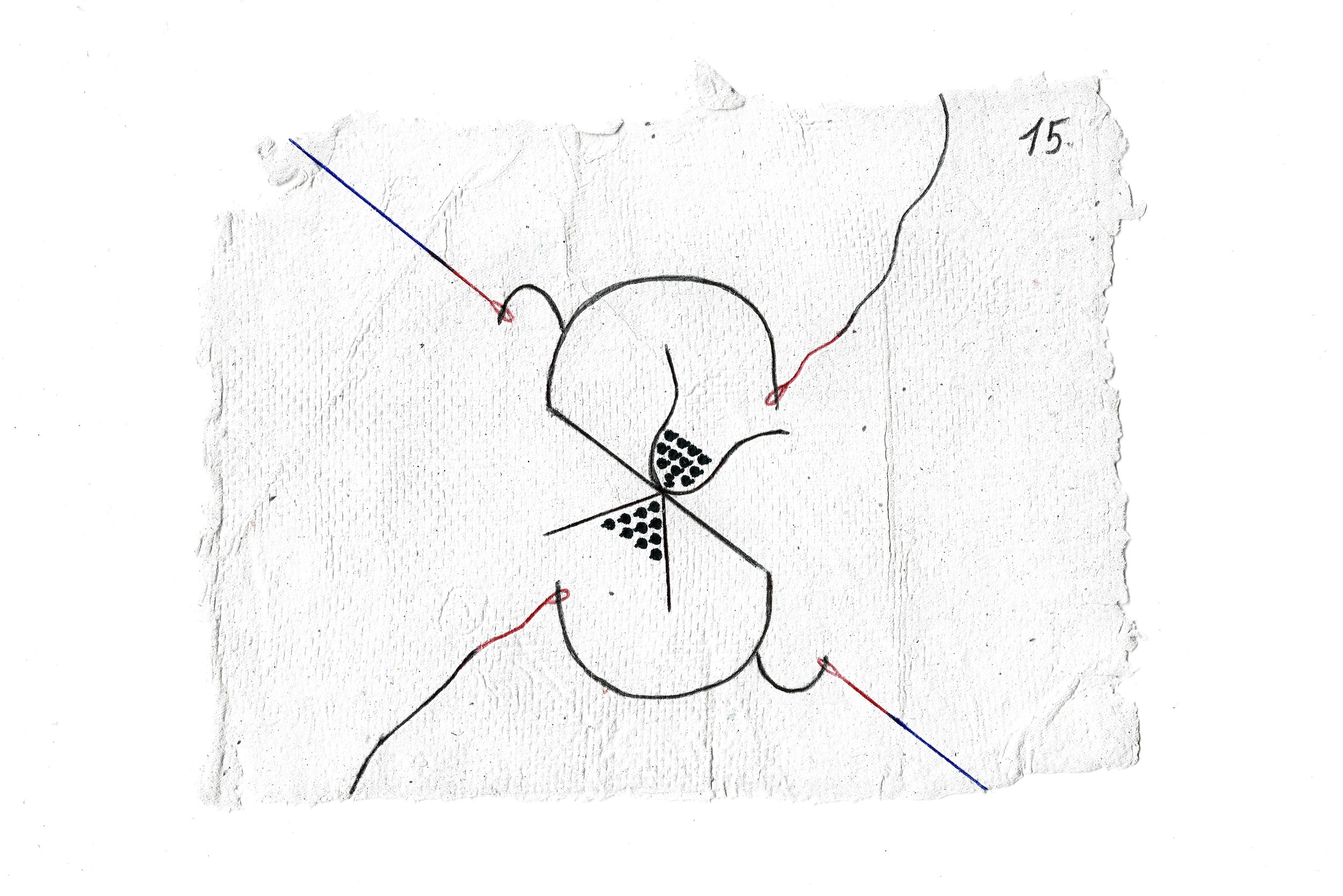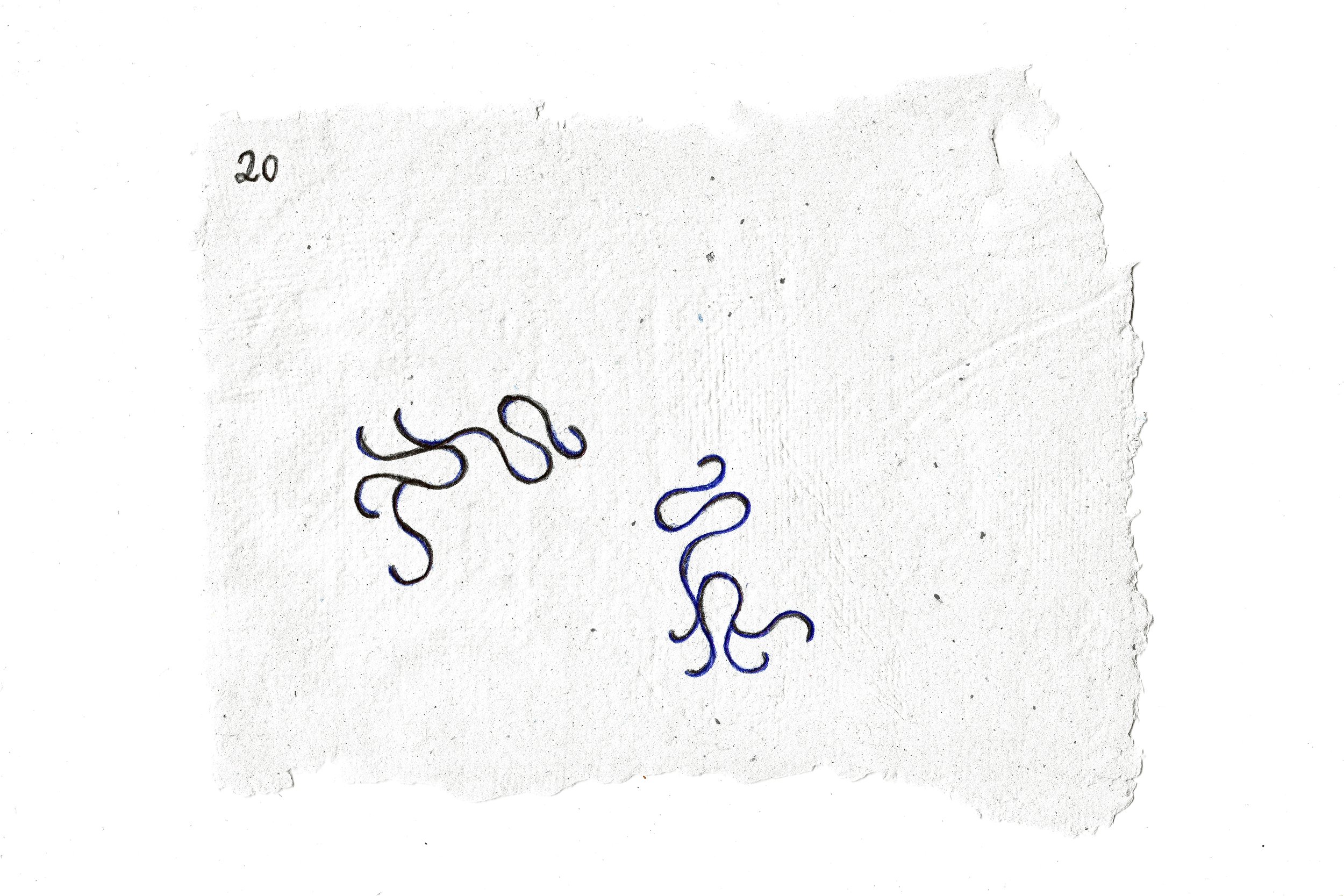Speak Lietuviškai
2021 trolleybuses in Kaunas / funded by Lithuanian Council for Culture
The city is what we remember of it—our memories are the contextual foundations on which Kaunas exists. There are so many memories I missed (or lost) while I was growing up in the UK. There is a distance and it makes me feel alienated. I feel I am home, although I’m not always sure others agree. My life has taught me to look for ‘home’ inside people; what does that mean then if no one remembers me? If I can’t remember myself?
Speak Lietuviškai is the sibling performance of Kalbėk English, and both these performances explore my transnational identity, having grown up between Lithuania and England.
Every day for 20 consecutive days, I rode on Kaunas’ trolleybuses until I had been on all available routes twice each, connecting with other travellers through language, memories, reflections, photographs and other forms of immaterial touch. Taking place in 2021, this durational performance also questioned what intimacy in public space could be in the times of the COVID-19 pandemic.
I chose the setting of the trolleybus as when I was a child in Kaunas, I’d often get on it to go to school but instead stay there for the whole day, riding in circles and reading. My books and the librarians who introduced them to me were the only friends I had back then. By returning to this space, I was seeking those context-dependent memories and the language within them that I lost after leaving Lithuania.
As part of the contract I made for this ritual of re-homing myself in the collective memory of Kaunas’ inhabitants, I bound myself to only speak Lithuanian while on the trolleybus, make a poem each day as an offering to the collective memories of Kaunas’ residents on handmade paper created using the water of the confluence of Neris and Nemunas rivers at the centre of Kaunas and documents I had brought back with me from the UK. I buried the poems in dispersed sites across Kaunas.
Poster by Monika Jankauskaitė.

